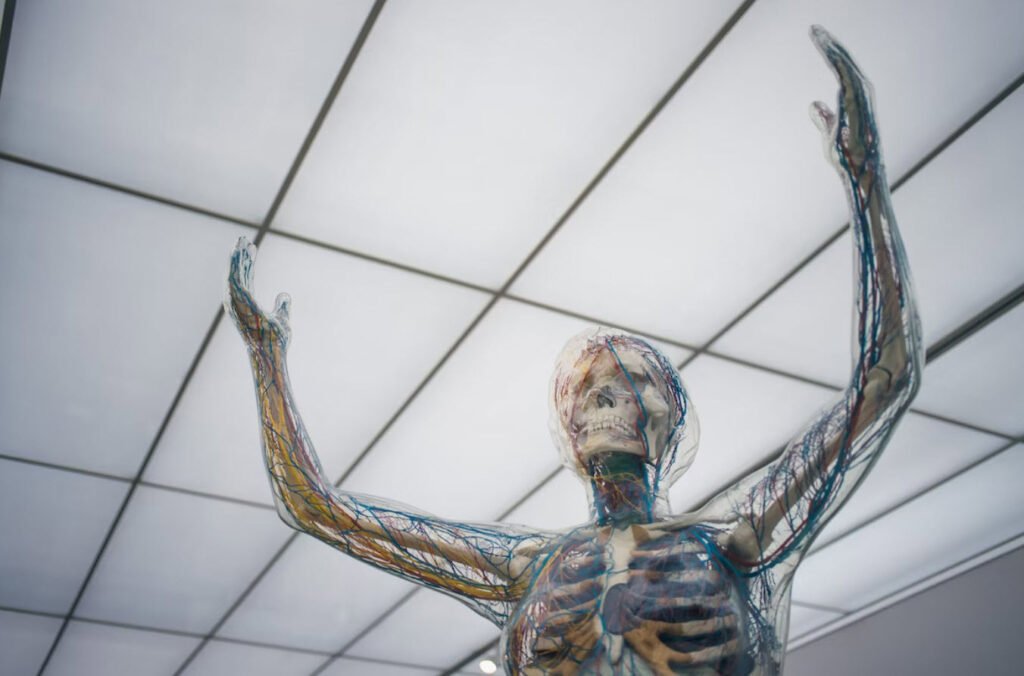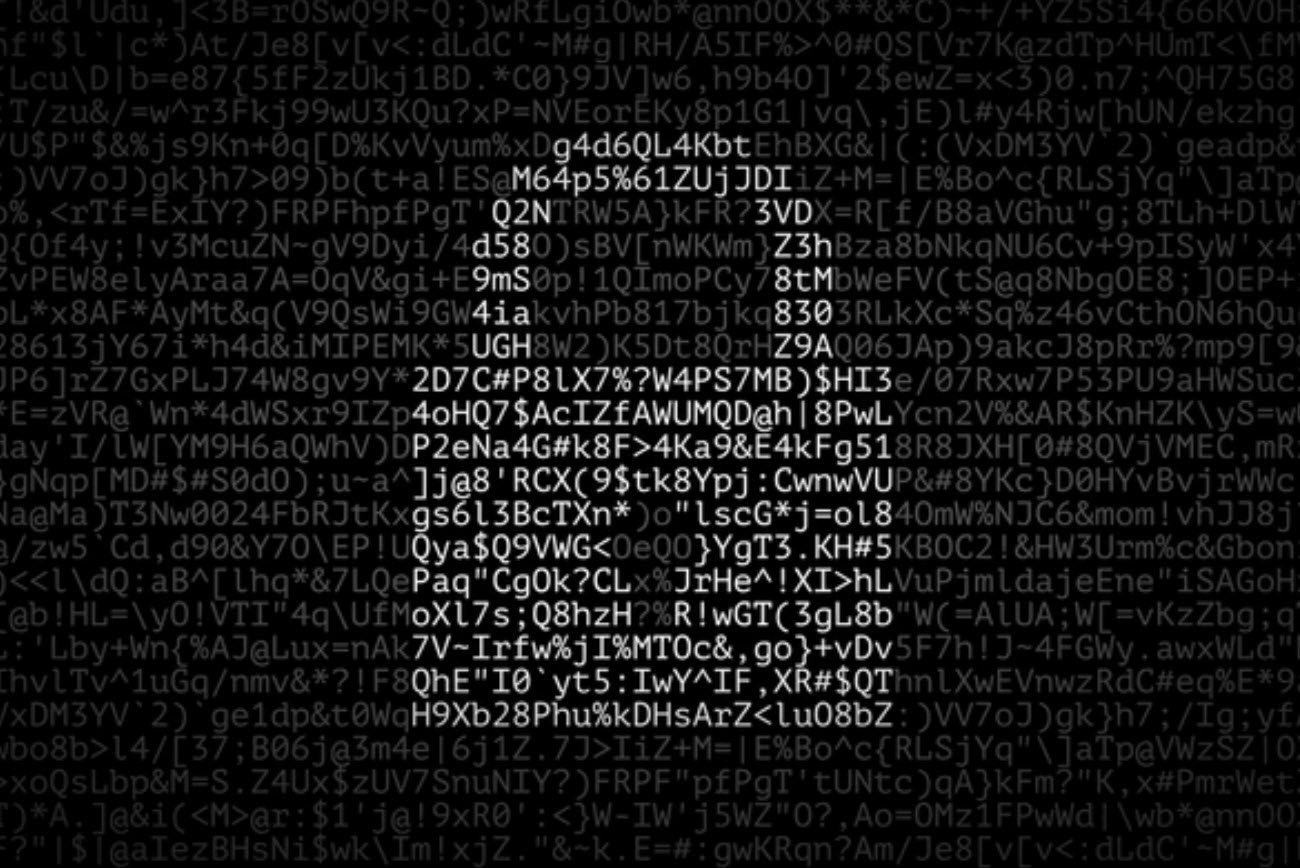
The gastrointestinal (GI) tract, also known as the digestive system, is responsible for the ingestion, digestion, absorption, and elimination of food. It includes organs such as the mouth, esophagus, stomach, small intestine, large intestine, and associated accessory organs (liver, pancreas). The GI tract processes food, breaks it down into nutrients, absorbs them into the bloodstream, and eliminates waste.
Here is the list of questions related to Gastro-Intestinal Tract:
1. The total amount of saliva produced in 24-hour is:
a. 200-400 ml
b. 1200-1500 ml
c. 500-1000 ml
d. 100-200 ml
Correct Answer – (b)
2. Saliva excretes:
a. Thiocyanates
b. Iodide
c. Penicillin
d. All of the above
Correct Answer – (d)
3. pH of gastric juice is:
a. 0.1-1.5
b. 2-4
c. 4-5
d. 5-6
Correct Answer – (a)
4. Total quantity of juices produces by succus entericus in 24 hours is:
a. 2-3 litres
b. 1-2 litres
c. 3-4 litres
d. 5 litres
Correct Answer – (b)
5. The pigments formed by oxidation of biliverdin is, except:
a. Bilicyanin
b. Bilifuscin
c. Biliprasin
d. Choletelin
Correct Answer – (c)
6. Lipase which is tributyrase and acts on butter tributyrin:
a. Intestinal lipase
b. Salivary lipase
c. Gastric lipase
d. Pancreatic lipase
Correct Answer – (c)
7. The movements especially occur in stomach are:
a. Peristaltic waves
b. Systolic contraction of the terminal nature
c. Diminution in size of fundus and body
d. All of the above
Correct Answer – (d)
8. Ludwig pendulum movement is seen in:
a. Oesophagus
b. Stomach
c. Small intestine
d. Ilium
Correct Answer – (c)
9. The movements of large intestine include all, except:
a. Haustral contraction
b. Segmenting contraction
c. Kneading movements
d. Rhythmic segmentation
Correct Answer – (d)
10. The following facts are true about trypsin:
a. Trypsin is protein in nature
b. Trypsin is secreted as inactive trypsinogen
c. It acts on native protein and products of protein digestion
d. All of the above
Correct Answer – (d)
11. The water content of faeces averages around:
a. 35%
b. 25%
c. 65%
d. 4 0%
Correct Answer – (c)
12. Hyper-salivation is seen in all, except:
a. Aptyalism
b. Neoplasm of mouth, stomach, etc.
c. Pregnancy
d. Ulceration of oesophagus and stomach
Correct Answer – (a)
13. The drugs which stimulates the gall bladder are all, except:
a. Adrenaline
c. Histamine
b. Atropine
d. Pitressin
Correct Answer – (d)
14. The hormone which stimulates the movement villi is:
a. Bradykinin
b. Villikinin
c. Gastrin
d. Ptyalin
Correct Answer – (b)
15. The proton pump inhibitor used in treatment of peptic ulcer is:
a. Omeprazole
b. Cimetidine
c. Sucralfate
d. Ranitidine
Correct Answer – (a)
16. The following are true about, except:
a. It contains 31 amino acid
b. It is also produced by neurons
c. It inhibits GI motility
d. It decreases ileal blood flow
Correct Answer – (d)
17. The strong orexigenic agent which increases food intake is:
a. Ghrelin
c. Motilin
b. Gianylin
d. Peptide
Correct Answer – (a)
18. Tumour of VIP secreting cell is known as:
a. Gastrinoma
b. VIPoma
c. Hepatoma
d. None of the above
Correct Answer – (b)
19. The drug which binds to motilin receptor facilitates intestinal motility is:
a. Penicillin
c. Sulphonamides
b. Cephalexin
d. Erythromycin
Correct Answer – (d)
20. The enzyme that damages pancreatic tissue and leads to necrotic sign of surrounding fat in acute pancreatitis is:
a. Carboxylase
c. Lysolecithin
b. Bradykinin
d. Villikinin
Correct Answer – (c)








